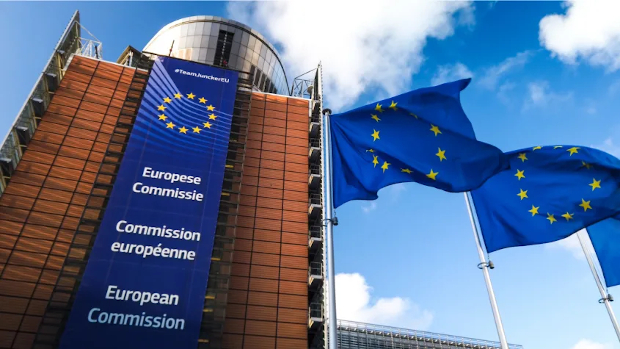
European privacy regulator blasts Meta’s ‘pay-or-okay’
The European Data Protection Board (EDPB) is issuing a negative opinion on Meta’s pay-or-okay revenue model, where users pay a subscription to opt out of targeted advertising.
The EDPB, which is an advisory umbrella body of privacy regulators, believes that choice is unfair and has argued that the privacy risk of the current and model is too great as most users are either unclear about or don’t know how their data is collected and used.
Moreover, the EDPB believes the paid option is too expensive. The European Court of Justice ruled earlier that social media platforms may charge an “appropriate fee” to their users. At present Meta’s paid tiers range from €9.99 to €12.99 per month, which the watchdog argues is far too expensive.
In a response to the Financieele Dagblad, Meta said that it considers the criticism unfounded: “Digital platforms involve significant costs. Companies cannot be obliged to give away their services in an unsustainable way.”
The EDPB’s opinion is not binding. So in practice, nothing needs to change in the model as Meta offers it for the time being. Earlier, the company did state its willingness to make subscriptions cheaper: €5.99 for one account and €4 per additional account.
What does this mean for advertisers?
The EDPB’s ruling may have the effect of making legislative bodies look at other websites’ revenue models with a magnifying glass. For example, the Irish Privacy Commission may launch an investigation into the cost of subscriptions. Meta has based its business in Ireland and is therefore subject to that country’s laws.
This explanation from the EDPB may have further implications. European GDPR rules make it very clear that users should be given the choice of whether to share their personal data. If lawmakers follow the EDPB’s advice, companies across the board would have fewer options for targeted advertising.
Advertisers are therefore following developments closely. They worry that regulations will become even stricter, making it less and less meaningful for them to offer their ads. Also, a wider rollout of the opt-out system obviously gives fewer opportunities to market advertising.
News Wires








Subscribers 0
Fans 0
Followers 0
Followers